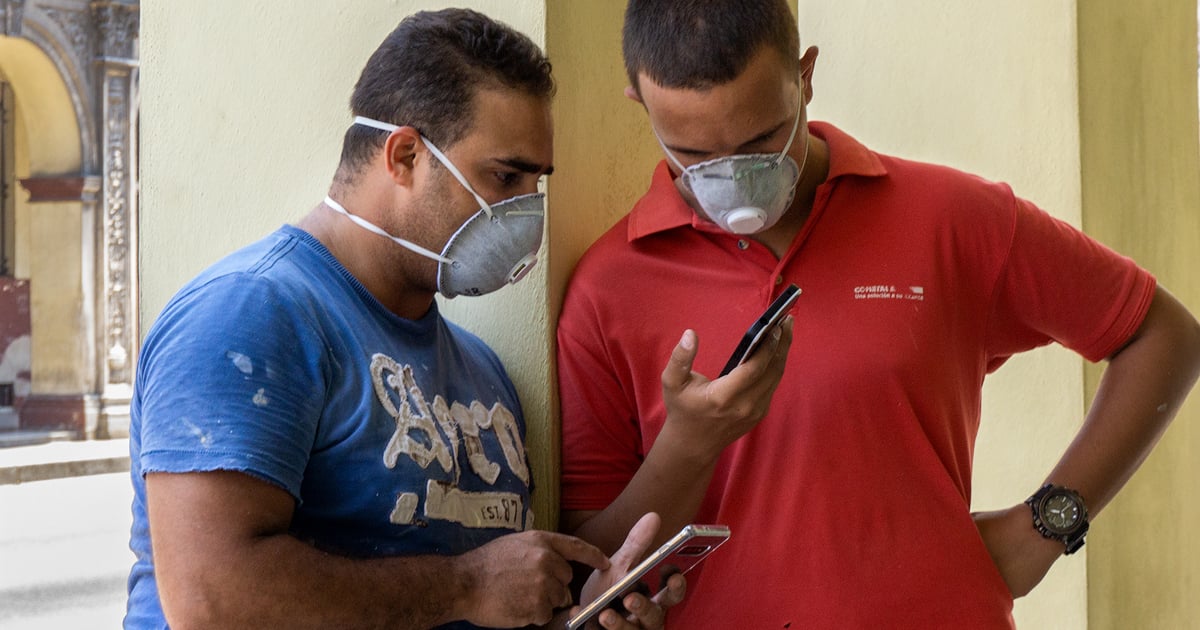Online scams are increasing in Cuba, amidst a surge in e-commerce and the unique characteristics of the currency exchange policy that drive people to acquire dollars on the black market, warned the regime-controlled press this Thursday.
These scams often involve requesting card data, including recent transactions that contain PIN information, enabling fraudsters to carry out fraudulent operations, according to a report by Canal Caribe. Another common technique is spoofing mobile payment service confirmation messages, tricking victims into making transfers after confirming a previous operation that never occurred.
The report advises to minimize the risk of these scams by not sharing personal data with strangers on social media or buy-sell groups and not making transfers through unverified links. "It is important to remember that confirmation messages from services like Transfermóvil are never sent from private numbers and do not allow responses or calls," it explains.
Many cases come to light thanks to reports from affected individuals on social media. In April, a Cuban woman reported being the target of a scam attempt while trying to sell convertible currency (MLC) through an online transaction. She revealed that a woman tried to scam her by sending a photo with her card and saying that she would first transfer the national currency, requesting the complainant’s telebanking details.
When the supposed transaction was made, the confirmation number came from the scammer's number instead of the Transfermóvil app. "It immediately caught my attention, and I checked my card balances; she never transferred the money," she said. This person ensured she never transferred the MLC either and published the report to prevent others from experiencing the same scare.
In May, the official press warned Cubans about the rise in balance scams in recent days, using techniques where text messages are employed in which an unknown interlocutor, after a friendly conversation, confesses to having made an error transferring a certain amount of money in CUP to another number and kindly requests that the money be sent back. If the user complies, they immediately become a fraud victim.
The confirmation message for the transfer comes from a private number, deviating from the usual protocol of Etecsa, the state telecommunications company, which sends confirmations from an official channel. This scam method is not new. In April, Etecsa warned about such fraudulent practices. The recommendation is to verify recent transactions through Transfermóvil to confirm the authenticity of any received transfer.
Understanding Online Scams in Cuba
Here are some frequently asked questions to help understand the nature of online scams in Cuba and how to protect yourself.
What are common online scam tactics in Cuba?
Common tactics include requesting card data with PIN information, spoofing mobile payment service confirmation messages, and sending text messages claiming errors in money transfers.
How can I protect myself from online scams in Cuba?
Do not share personal information with strangers on social media or buy-sell groups. Avoid making transfers through unverified links and always verify recent transactions through official apps like Transfermóvil.
What should I do if I suspect a scam?
If you suspect a scam, verify the transaction through your bank or payment app immediately and report the suspicious activity to the relevant authorities or on social media to warn others.
